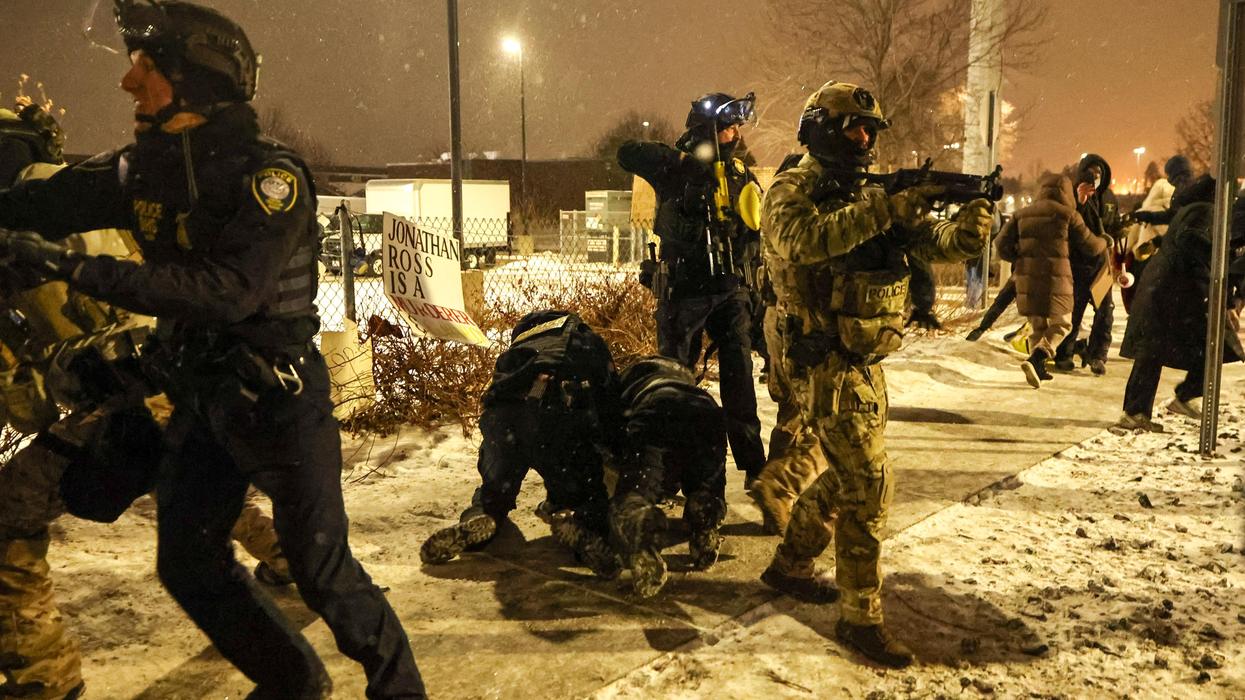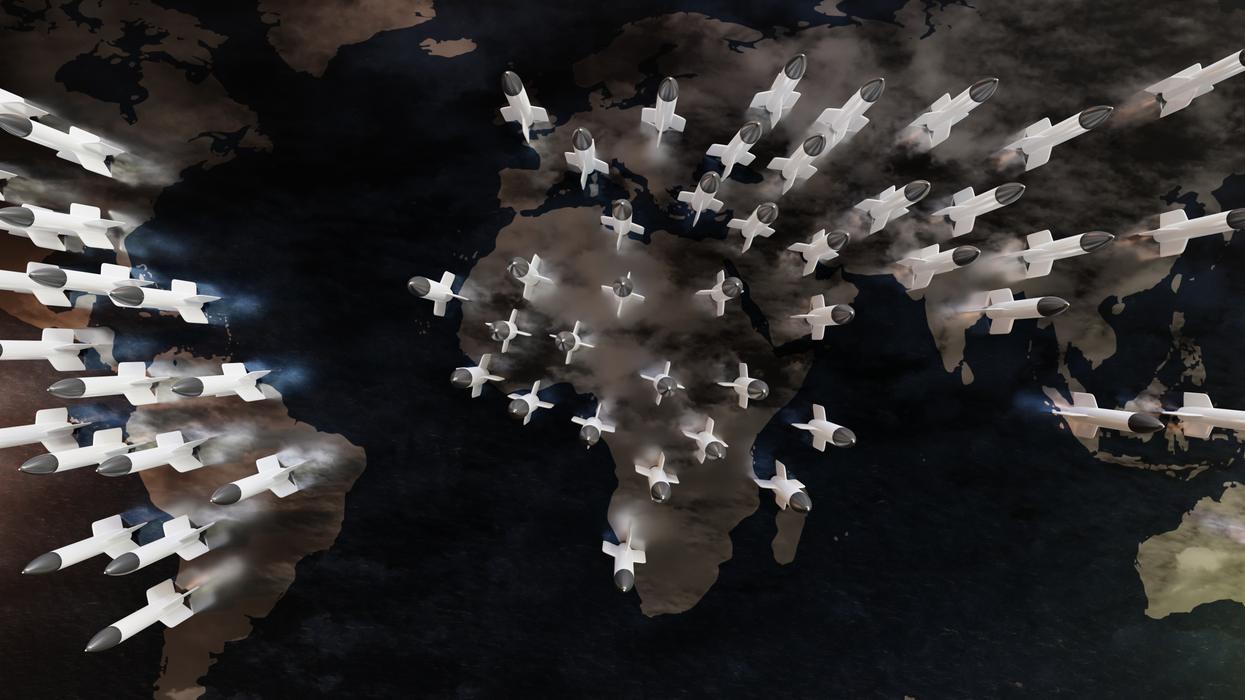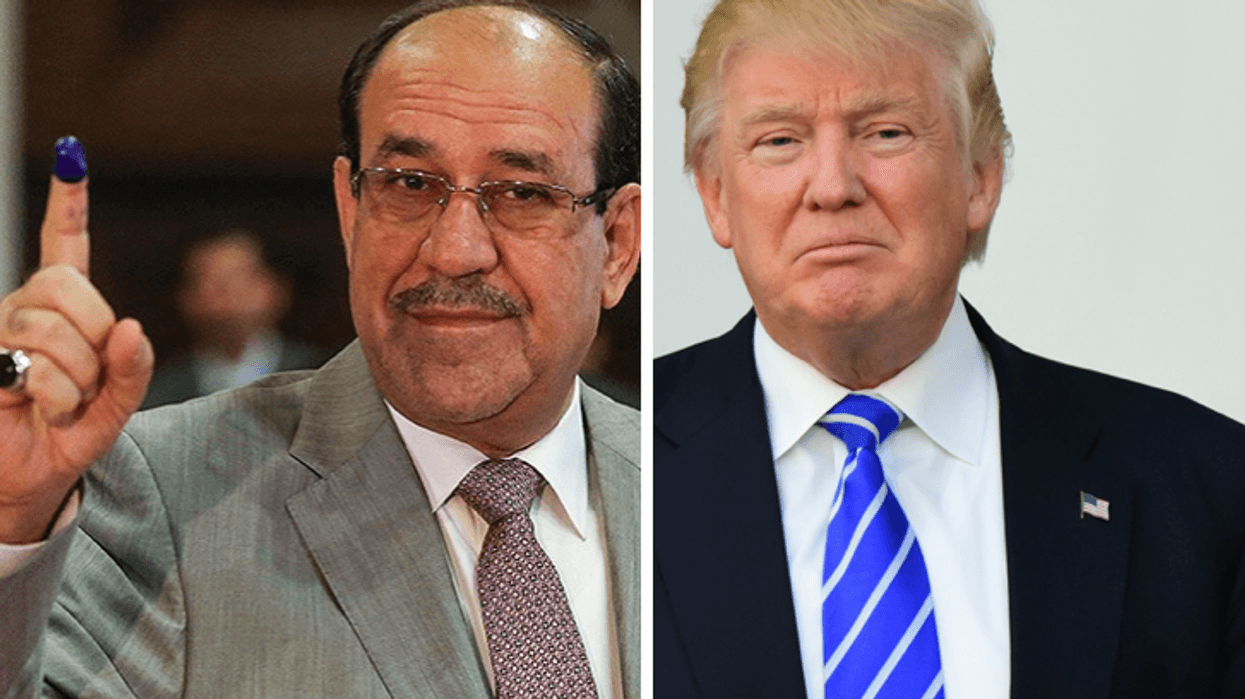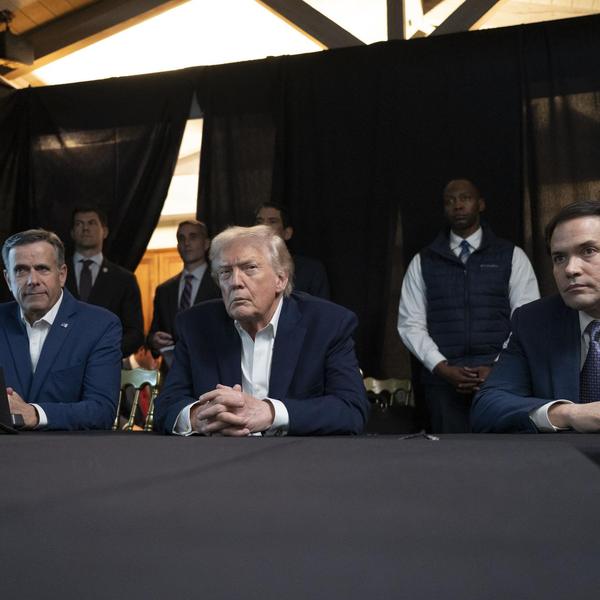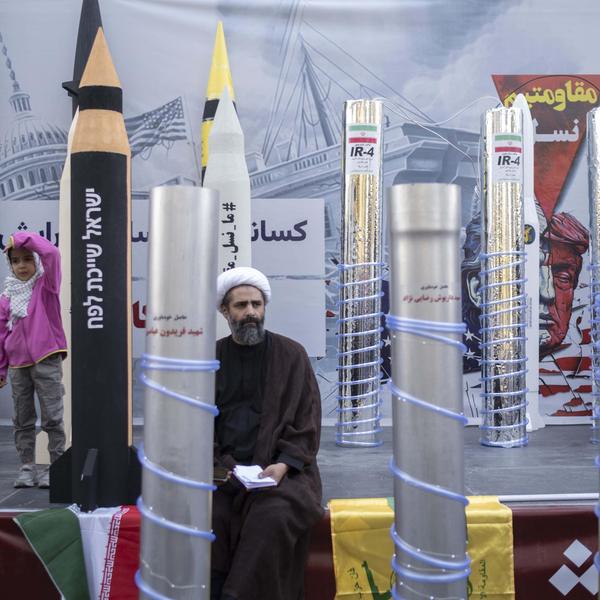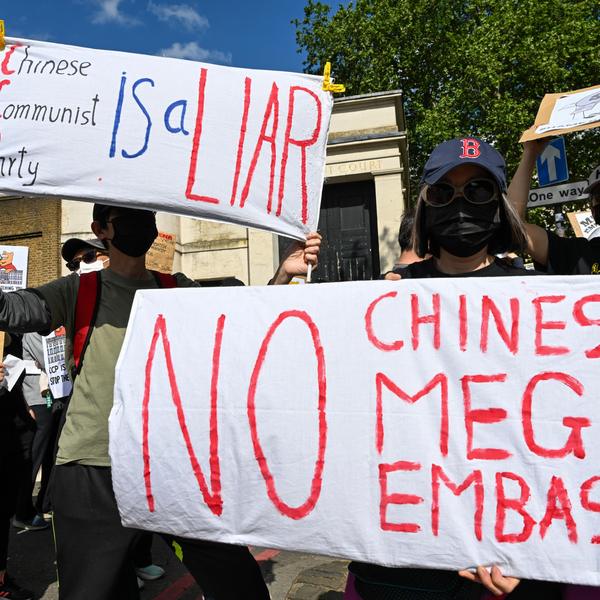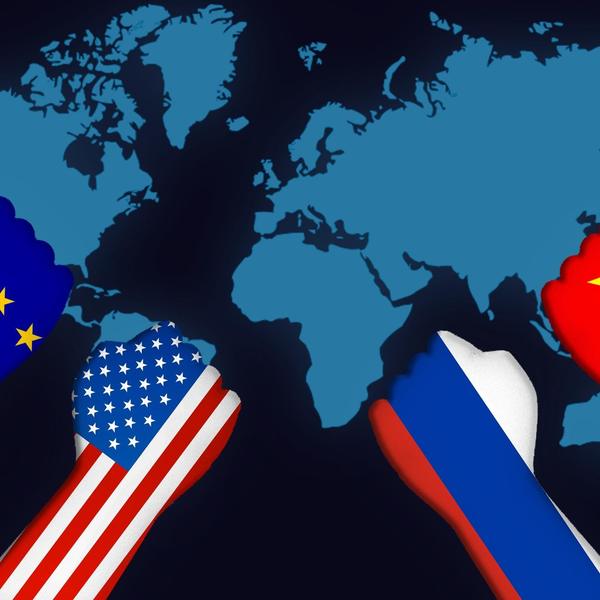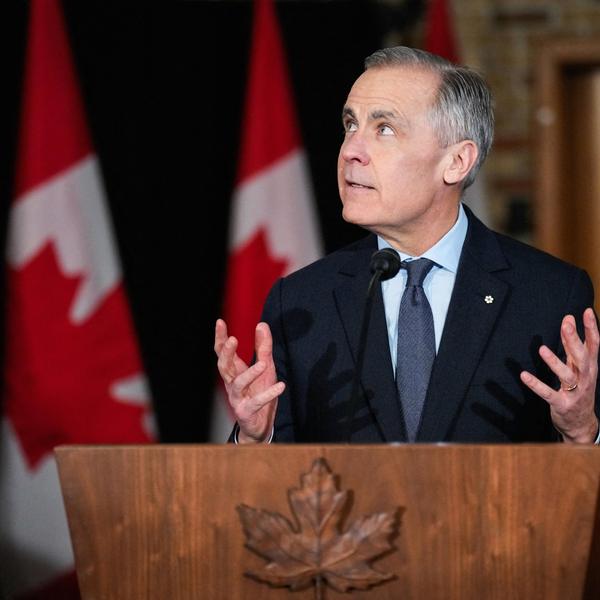Apr 24, 2020
As COVID-19 ravages America, some U.S. politicians are focusing their efforts on trying to punish the Chinese government through sanctions and other measures. The Quincy Institute's Rachel Esplin Odell explains that punitive action against Beijing right now will only undermine U.S. economic interests — after a month that saw more 22 million Americans lose their jobs. If U.S. officials are serious about punishing China, then the situation could quickly escalate out of control, costing untold lives and devastating the global economy. And how many countries in the world would really benefit from having to choose sides in a catastrophic Cold War between Beijing and Washington? Watch:


